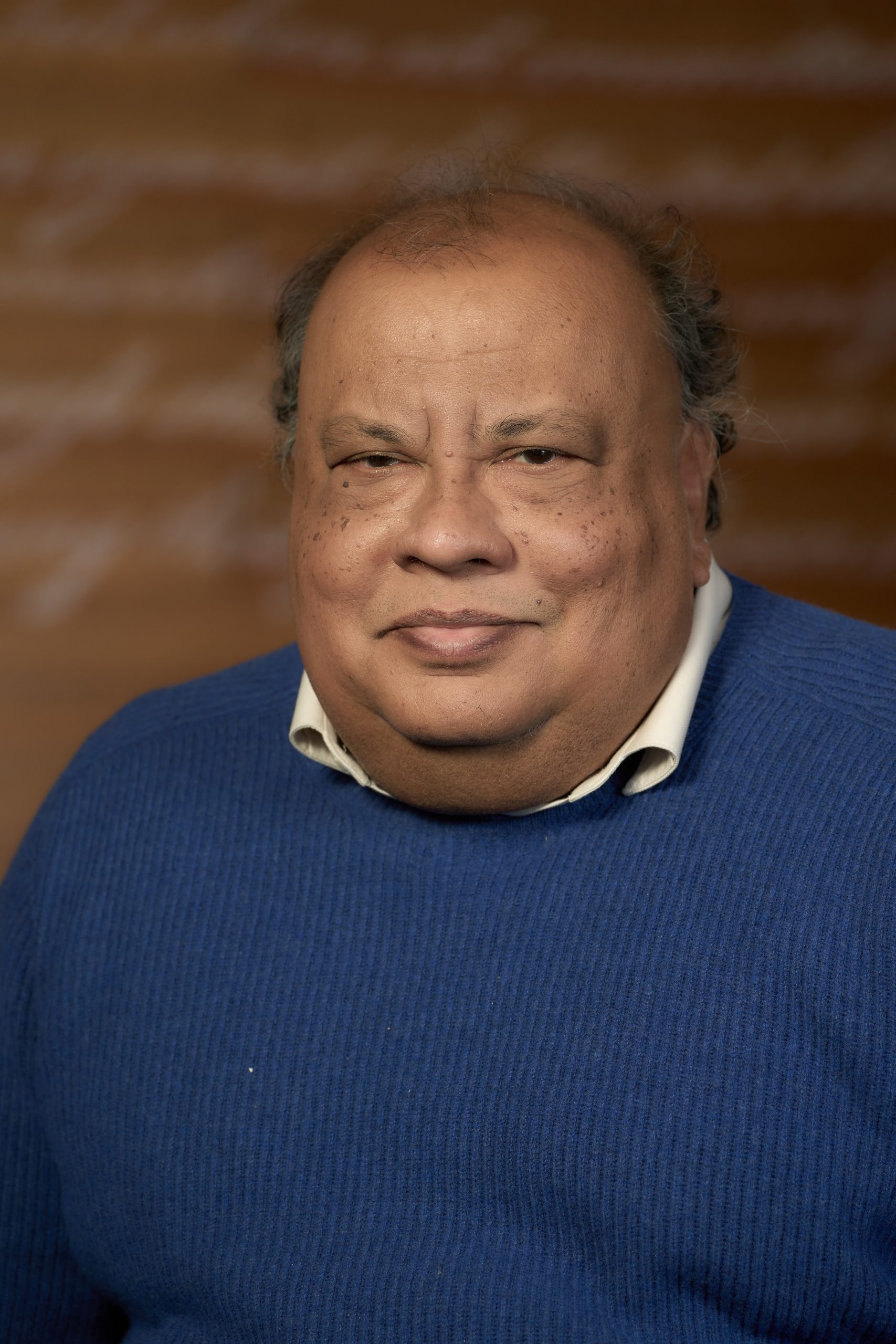 | Crandall Melvin Professor of Law Director, Syracuse Intellectual Property Law Institute (315) 443-2532 sghosh01@syr.edu Curriculum Vitae [PDF] https://twitter.com/ip_comm |
Dr. Shubha Ghosh earned his J.D. from Stanford University, with distinction, and his Ph.D. in Economics from the University of Michigan. He earned his B.A., cum laude, from Amherst College. Prior to joining Syracuse University College of Law, Ghosh taught at the University of Wisconsin Law School as a chaired, tenured professor and co-director of the Innovation cluster, consisting of faculty in the law and business schools.
Ghosh joined the Syracuse University College of Law in January, 2016, as Crandall Melvin Professor of Law and Director of the Technology Commercialization Curricular Program, a unique program which trains students in intellectual property, business law, and the legal foundations for the commercialization of patents, copyrights, trademarks, and other legal property governing technology and innovation. The Program consists of the Syracuse Intellectual Property Law Institute (SIPLI), which Professor Ghosh manages, and the Innovation Law Center, which offers clinical experience for students in the Program.
Ghosh also works through the state-funded New York State Science and Technology Law Center (NYSSTLC), an entity that guides entrepreneurs, start-ups, universities, and research centers in New York State and beyond. In this capacity, Ghosh frequently works with administrators in Albany who focus on economic development and innovation policy in the State. Most recently, he has advised on the risks to 501(c) entities that collaborate with private enterprise and on intellectual property and technology licensing policies for state research entities.
His extensive research focuses on the development and commercialization of intellectual property and technology as a means of promoting economic and social development. He has published extensively on pharmaceutical, design, copyright protection of standards, competition policy, and other intellectual property issues; antitrust law; legal construction of the marketplace; technology transfer; and the role of intellectual property law and policy in shaping these diverse areas. His most recent book, Exhausting Intellectual Property Rights (Cambridge, 2018) was the subject of a panel discussion at the World Trade Organization in Geneva and the AALS Annual Meeting in New Orleans.
Ghosh is also a frequent blogger and commentator in webcasts and webinars, including the JOTWELL section on International & Comparative Law; Hedgehogs and Foxes, a blog on law and popular culture; and the webcast series for SIPLI and the Technology Commercialization Law Program.
Working closely with student research assistants and colleagues across various disciplines and jurisdictions, Professor Ghosh is working currently on the following projects:
• Development of LLC law and possible convergence with corporate law principles.
• Custom fit design and the role of patents and copyrights in the standardization of fashion.
• Updates on patent and trade secret laws for “Understanding Intellectual Property,” a treatise published by Lexis-Nexis.
• Diffusion of patented technologies to aid the visually impaired, for a book project with the Harvard Law School Project on Disability.
• Comparison of design protection law in Japan and US across patent, copyright, and trademark regimes (based on original research at the Institute for Intellectual Property, Tokyo).
• Collaboration with John Gee, University Relations Manager, Empire State Development, Albany, on issues facing research centers and universities in New York with respect to private-public partnerships and IP licensing.
A member of the California, Federal Circuit Bar, and US Supreme Court bars, Ghosh was elected to the American Law Institute in 2012 and is currently a member of the advisory board on the Restatement of Copyright. He has been a Visiting Fellow at Bucerius Law School in Germany; IIP Research Fellow in Tokyo; a Fulbright Fellow to India; the inaugural AAAS Science and Policy Fellowship at the Federal Judicial Center; and a recipient of a National Endowment of the Humanities research grant.
Education
- Stanford Law School
J.D., with distinction 1994 - University of Michigan
Ph.D., Economics 1988 - Amherst College
B.A., cum laude 1984
Publications
